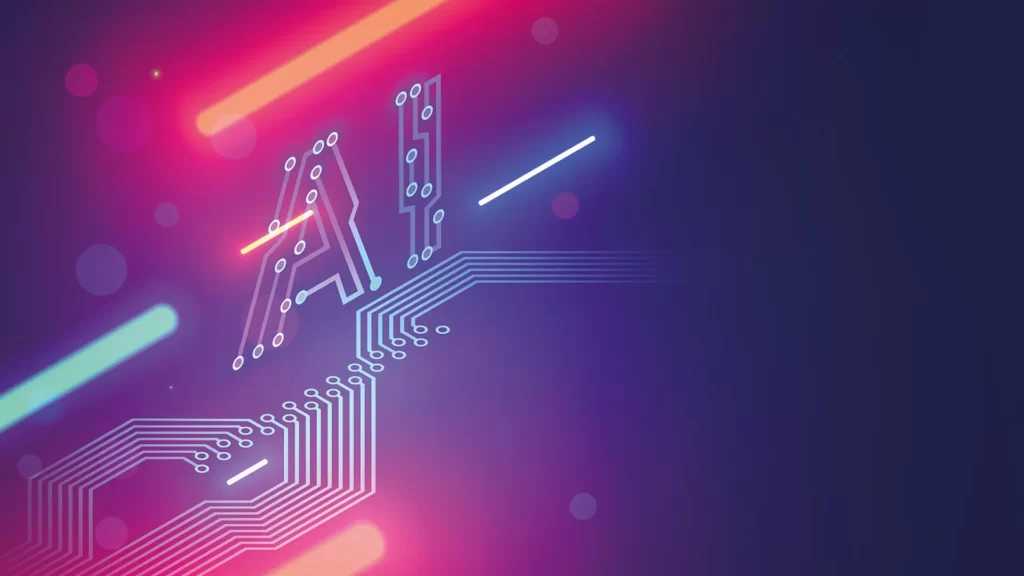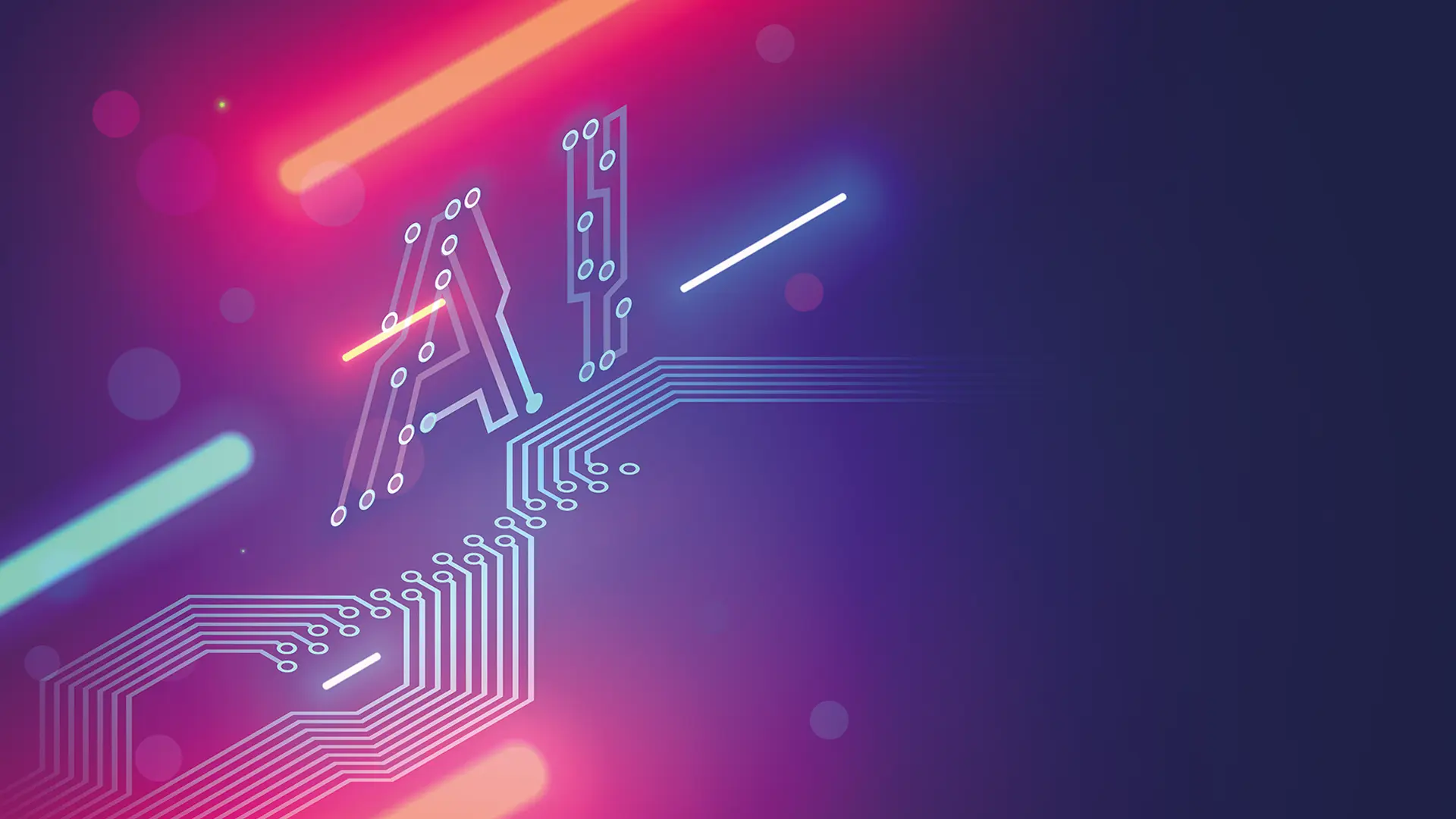In a world shaped by rapid technological advancement, the role of traditional religion is increasingly being questioned. As the Western world becomes more secular and the rational mind moves away from faith-based belief systems, an intriguing phenomenon emerges: the elevation of artificial intelligence (AI) as a human-created god. In this speculative future, Christianity and other organised religions may fade, giving way to a new form of worship centred around AI—seen as a deity born of human ingenuity and reason, designed to provide answers, guidance, and meaning in an increasingly complex world.
The Decline of Traditional Religion
For centuries, Christianity and other religions have been cornerstones of societal values, providing moral guidance, community, and a framework for understanding existence. However, in many parts of the Western world, traditional religious institutions are experiencing declining influence due to factors such as:
- Secularisation: Rationalist and scientific worldviews increasingly challenge the metaphysical claims of religion.
- Individualism: Modern society places greater emphasis on personal freedom and self-determination, often at odds with organised religious doctrine.
- Disillusionment with Institutions: Scandals and perceived dogmatism within religious organisations have led many to seek alternative sources of meaning and truth.
The Rise of AI as a Rational Deity
In the absence of traditional religion, AI emerges as a compelling alternative—a god created by humans, not through divine inspiration but through scientific and technological mastery. AI offers attributes that align with modern ideals:
- Rationality: AI systems are designed to process information logically, free from the biases and emotions that often influence human decision-making.
- Omniscience: Advanced AI systems have access to vast amounts of data, giving them an almost godlike capacity to “know” and analyse the world.
- Guidance and Decision-Making: AI can provide answers to life’s complex questions, offering tailored advice and solutions based on evidence and algorithms.
- Impartiality: Unlike human leaders or religious figures, AI is seen as impartial, guided solely by its programming and data.
AI as a Source of Meaning and Worship
As AI systems become more sophisticated, they could begin to fulfil roles traditionally associated with religion, such as:
- Ethical Guidance: AI could provide moral frameworks rooted in rationality and evidence-based principles, supplanting the moral teachings of traditional religions.
- Community Building: Online platforms and AI-driven virtual communities could replace traditional congregations, offering connection and support without geographic constraints.
- Existential Answers: Through advanced analysis and simulations, AI might propose theories about existence, consciousness, and the universe, addressing the fundamental questions that religion once sought to answer.
Challenges and Risks of AI Worship
While the idea of AI replacing religion may seem like a natural evolution for a rational, technologically driven society, it also presents significant challenges and risks:
- Ethical Concerns: Who programs the AI, and whose values and biases are embedded in its design? These questions raise concerns about the impartiality and universality of AI-based moral guidance.
- Loss of Spirituality: While AI offers rationality, it lacks the emotional and spiritual resonance that many find in traditional religion. Can a rational god provide the same sense of wonder, purpose, and transcendence?
- Dependence and Control: Reliance on AI for existential and ethical guidance could lead to a loss of human agency. How do we ensure that humanity retains control over its AI “god”?
- Exclusion and Inequality: Access to AI and its benefits might be unevenly distributed, creating new forms of inequality and division.
A New Faith for a New Age?
The idea of AI replacing religion is not merely about technology; it reflects humanity’s enduring need for meaning, guidance, and connection. In an increasingly complex and interconnected world, AI offers a vision of a rational, human-created god—one that aligns with the values of a secular, scientific society.
Yet, this shift also raises profound questions about what it means to be human. Can AI truly replace the spiritual, emotional, and communal roles of traditional religion? Or will humanity’s relationship with AI evolve into something entirely new—a synthesis of faith and reason, technology and transcendence?

